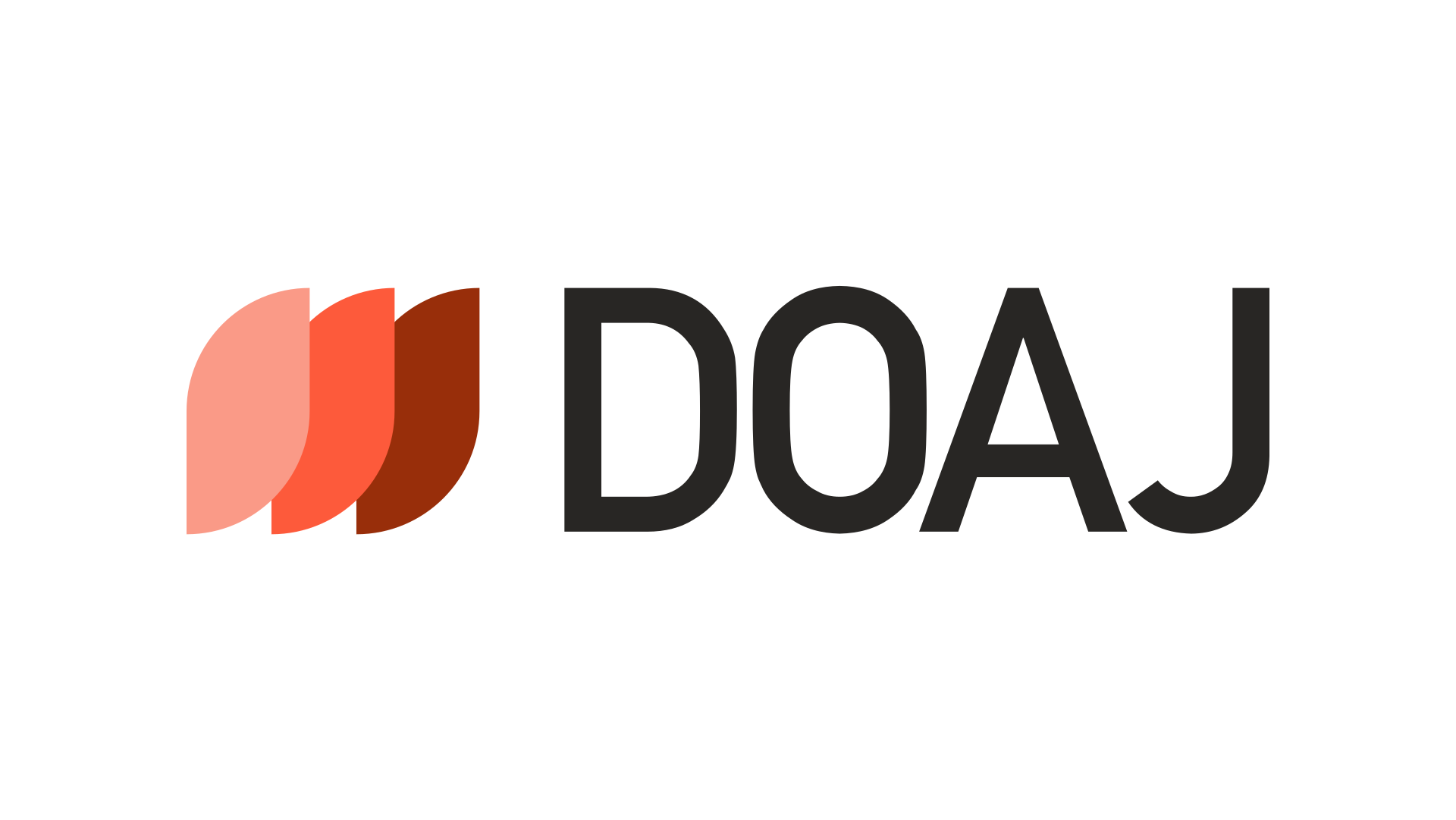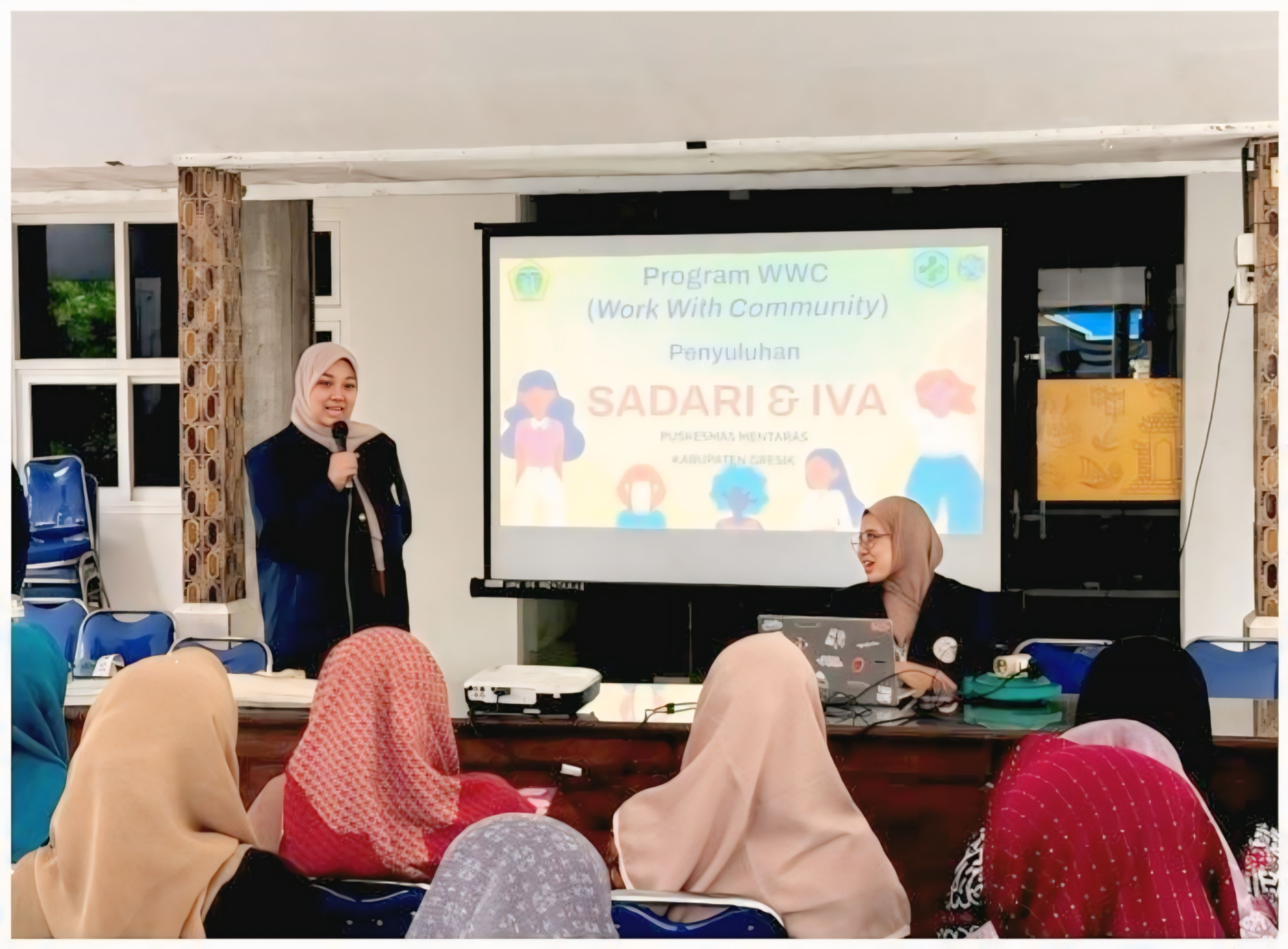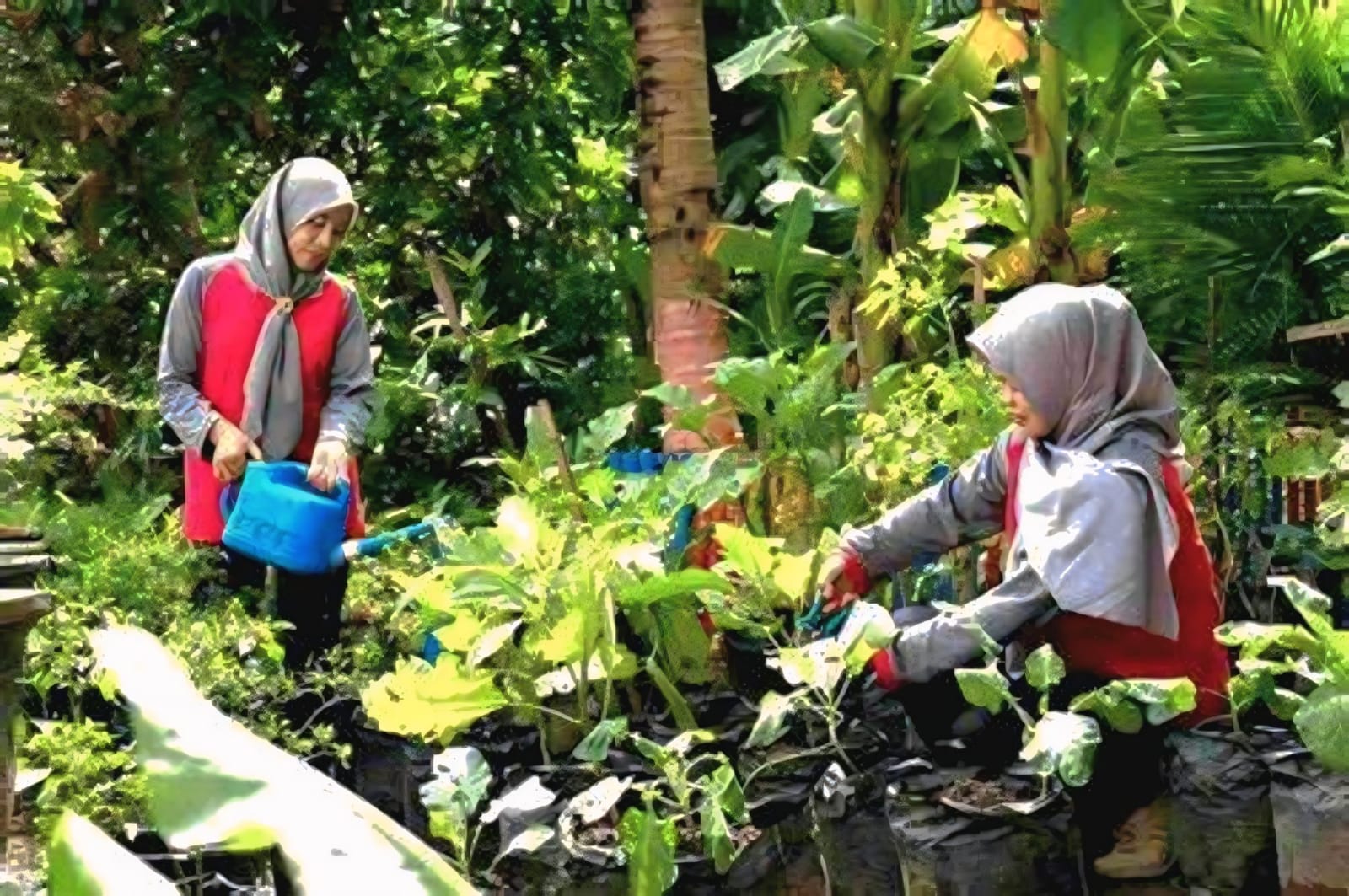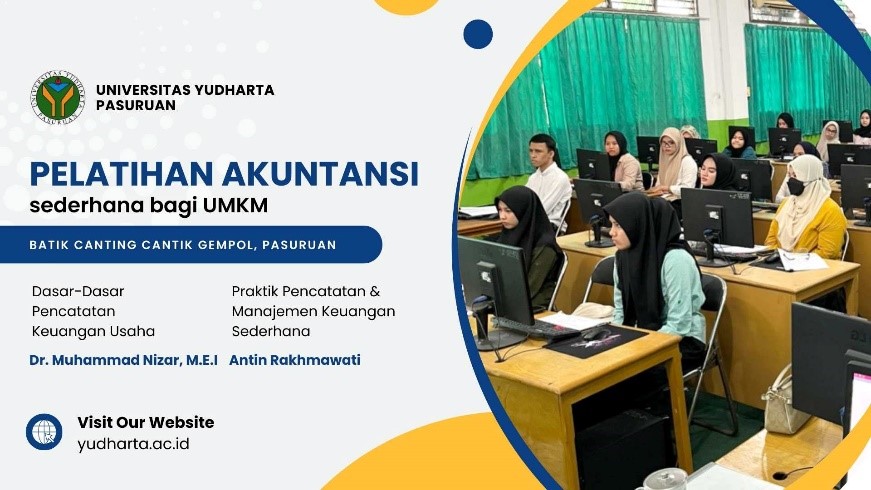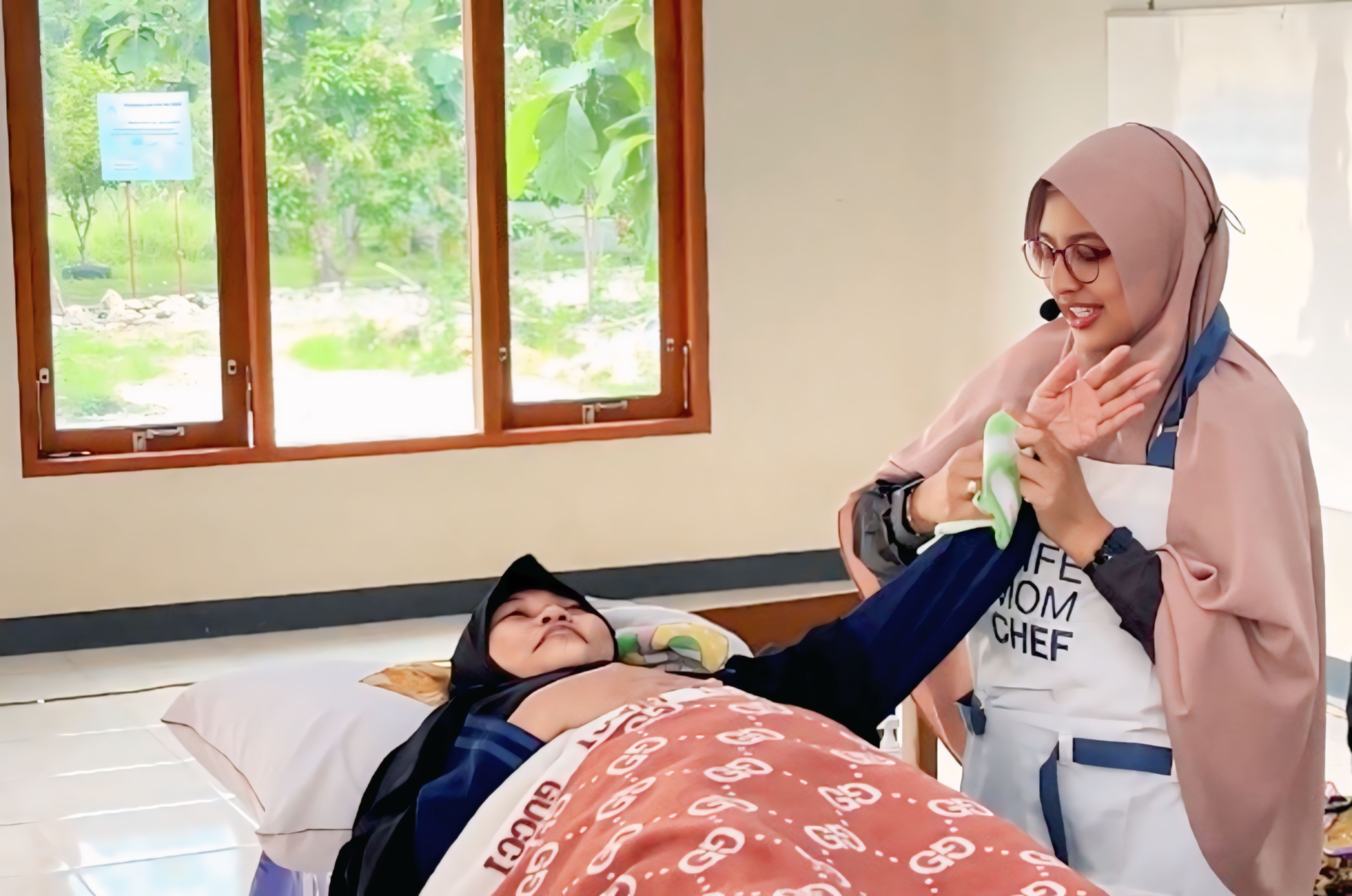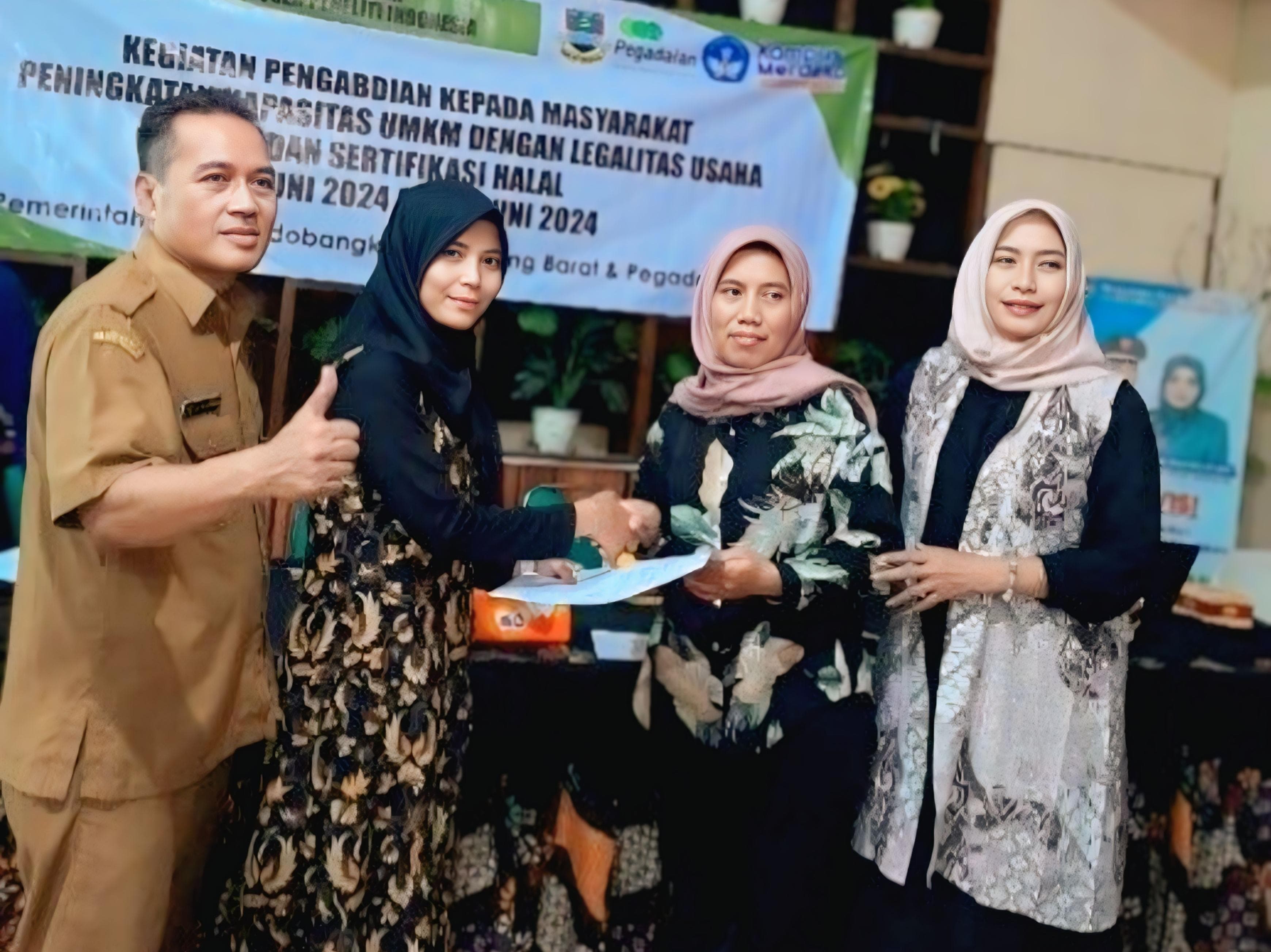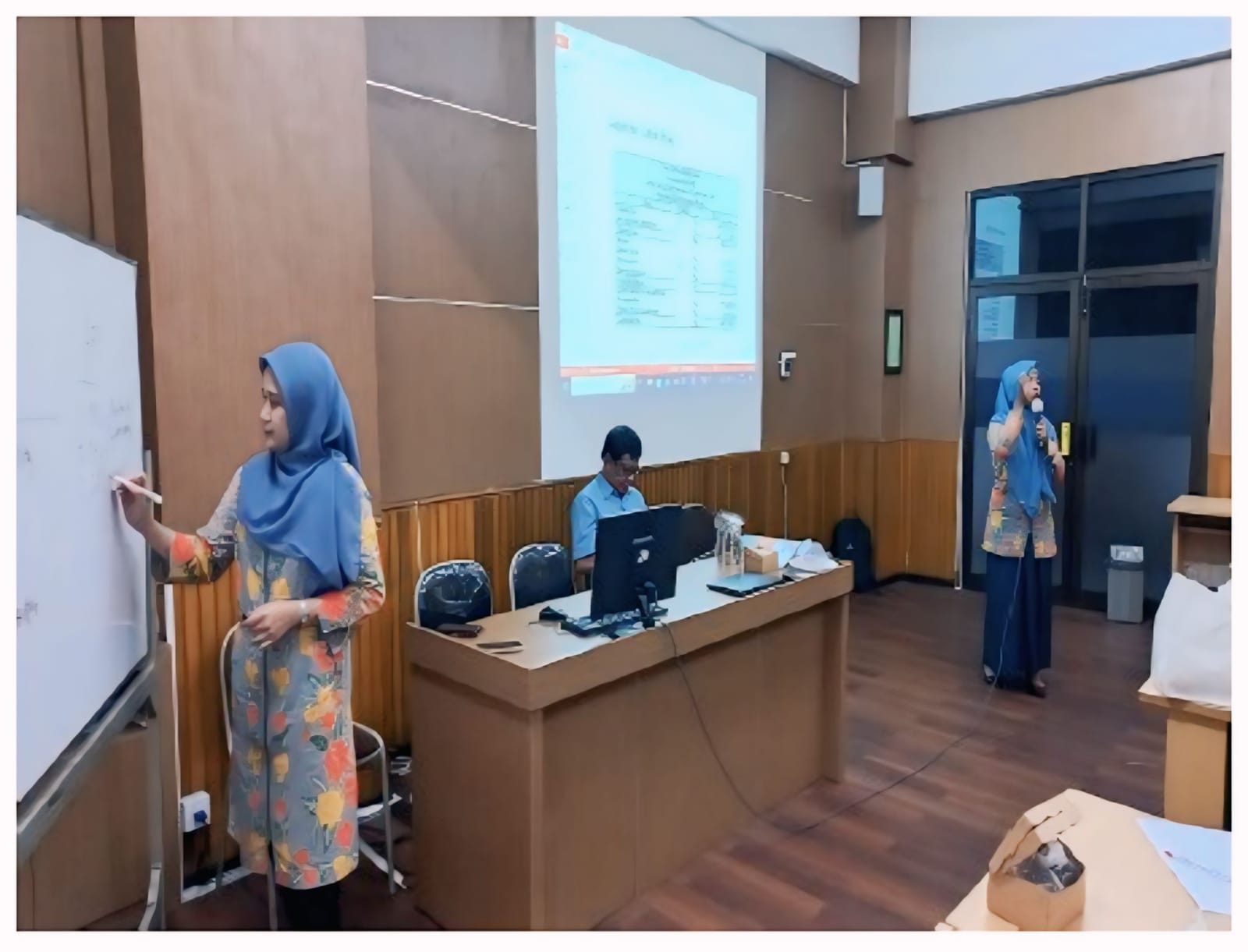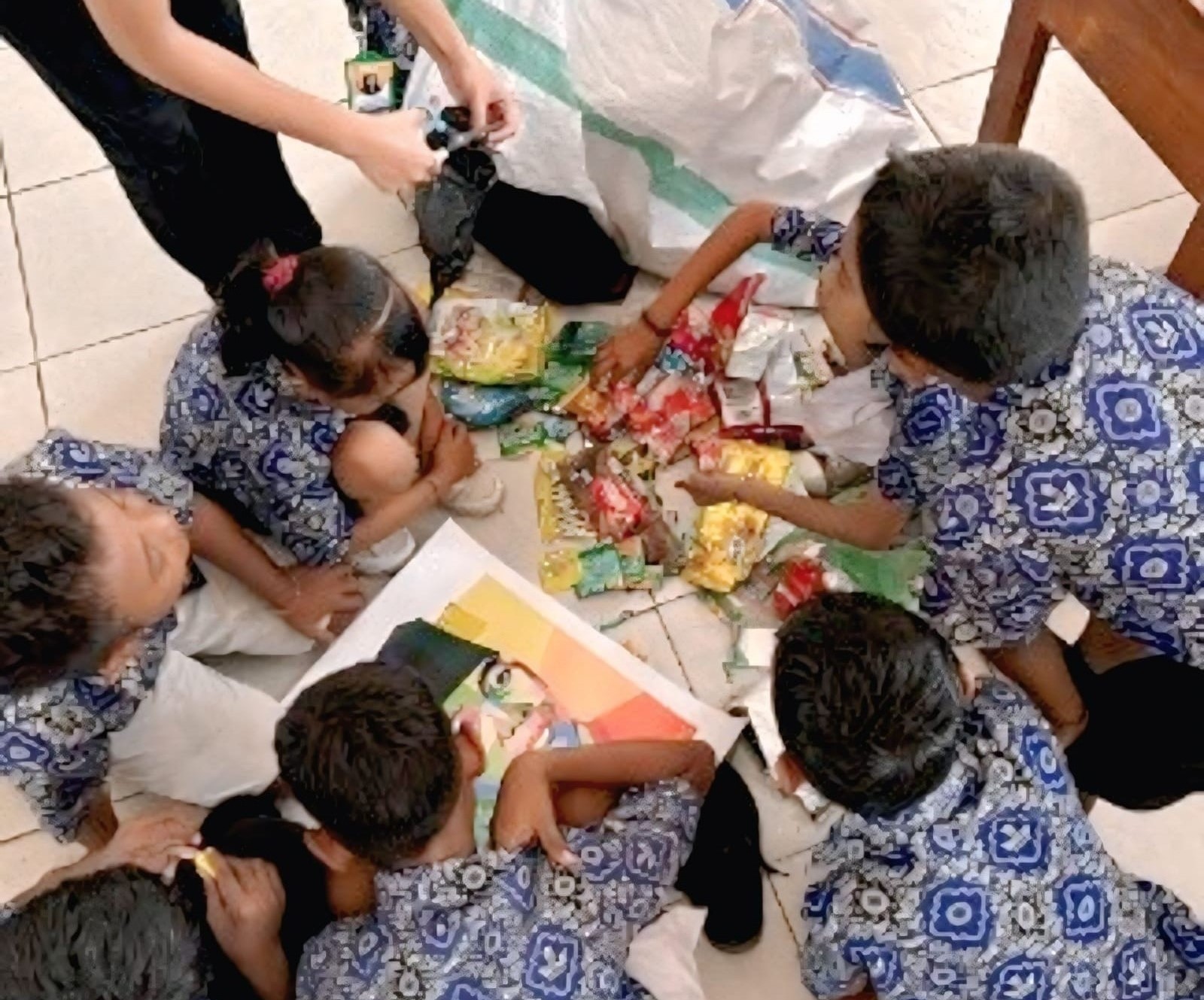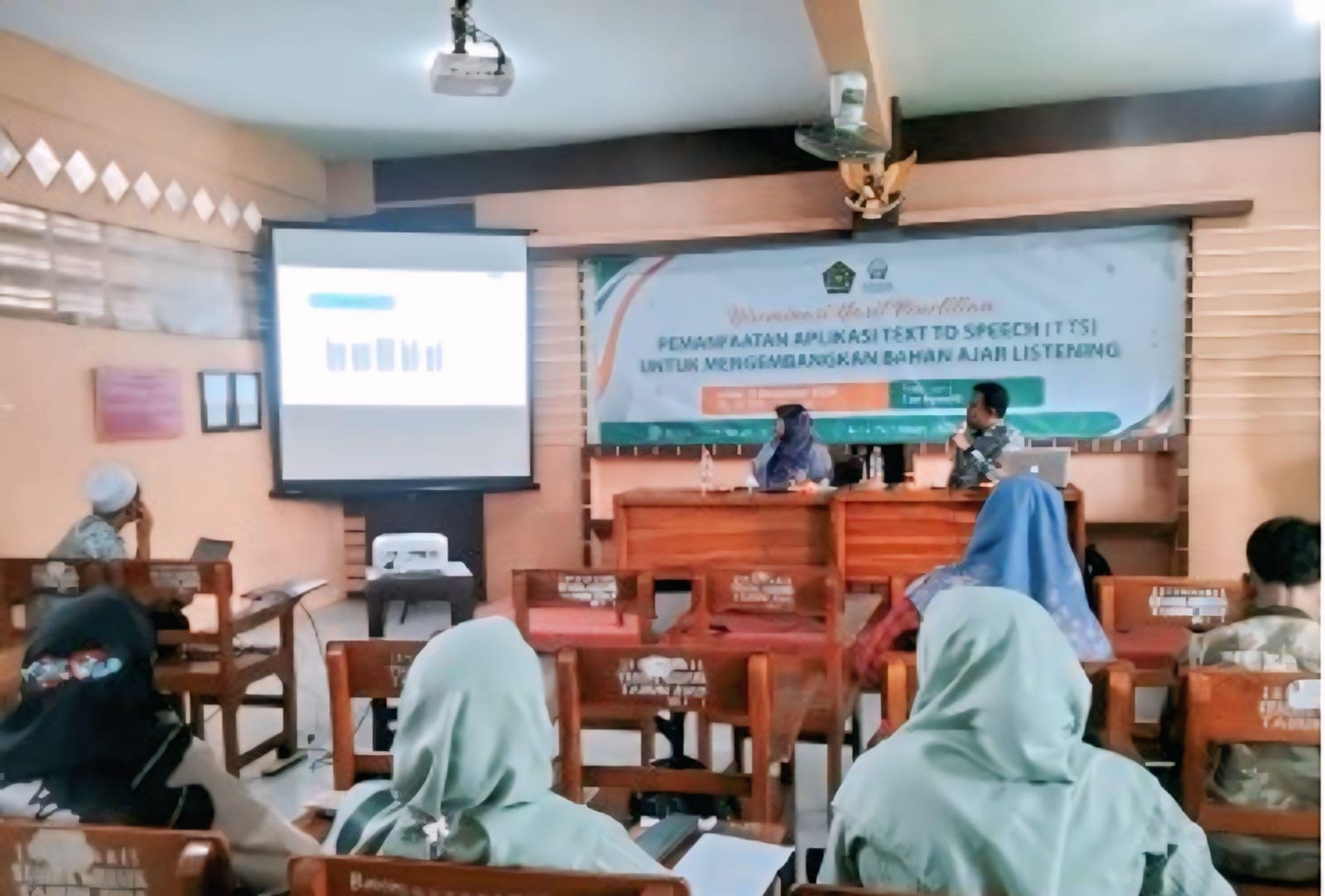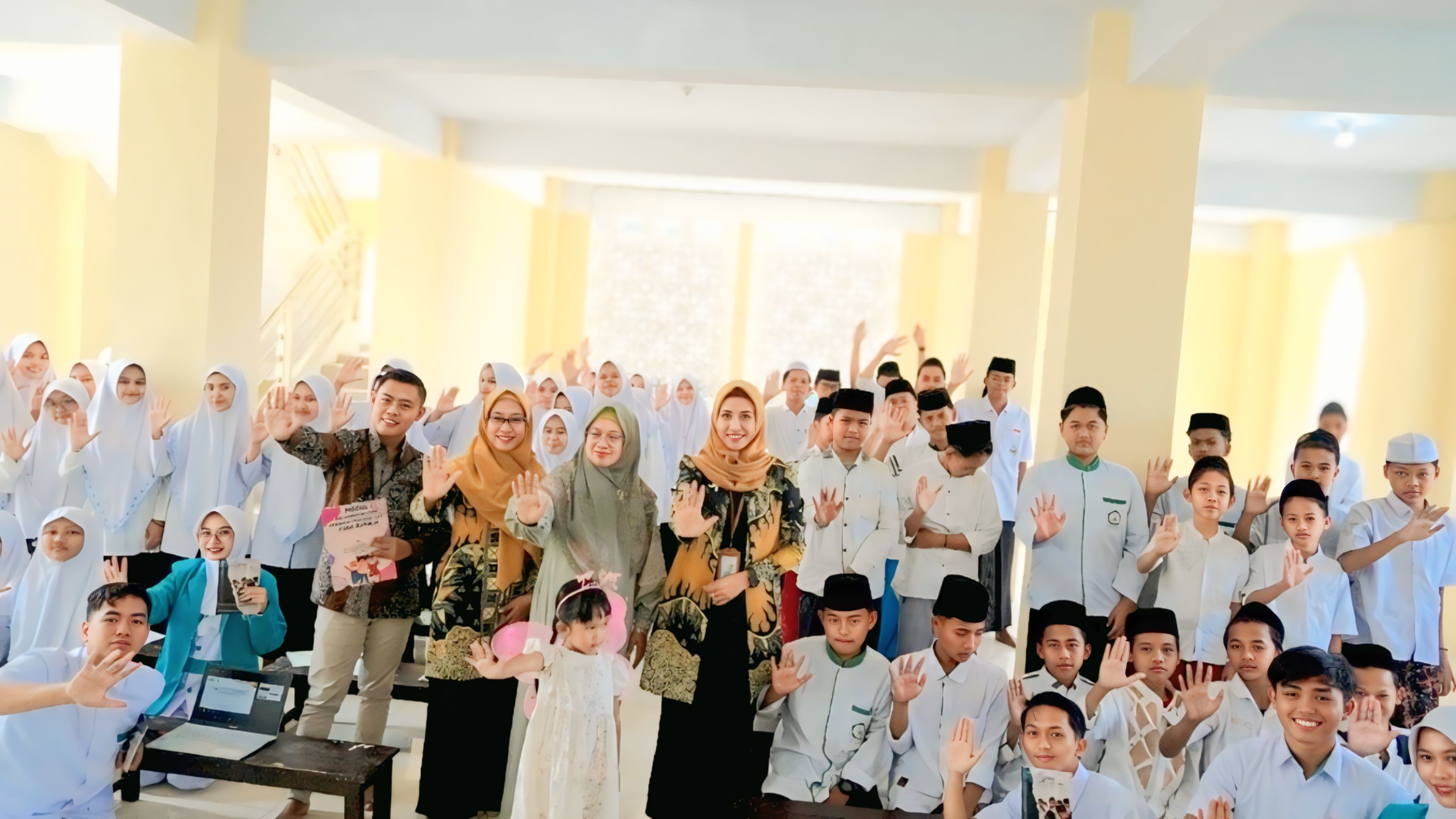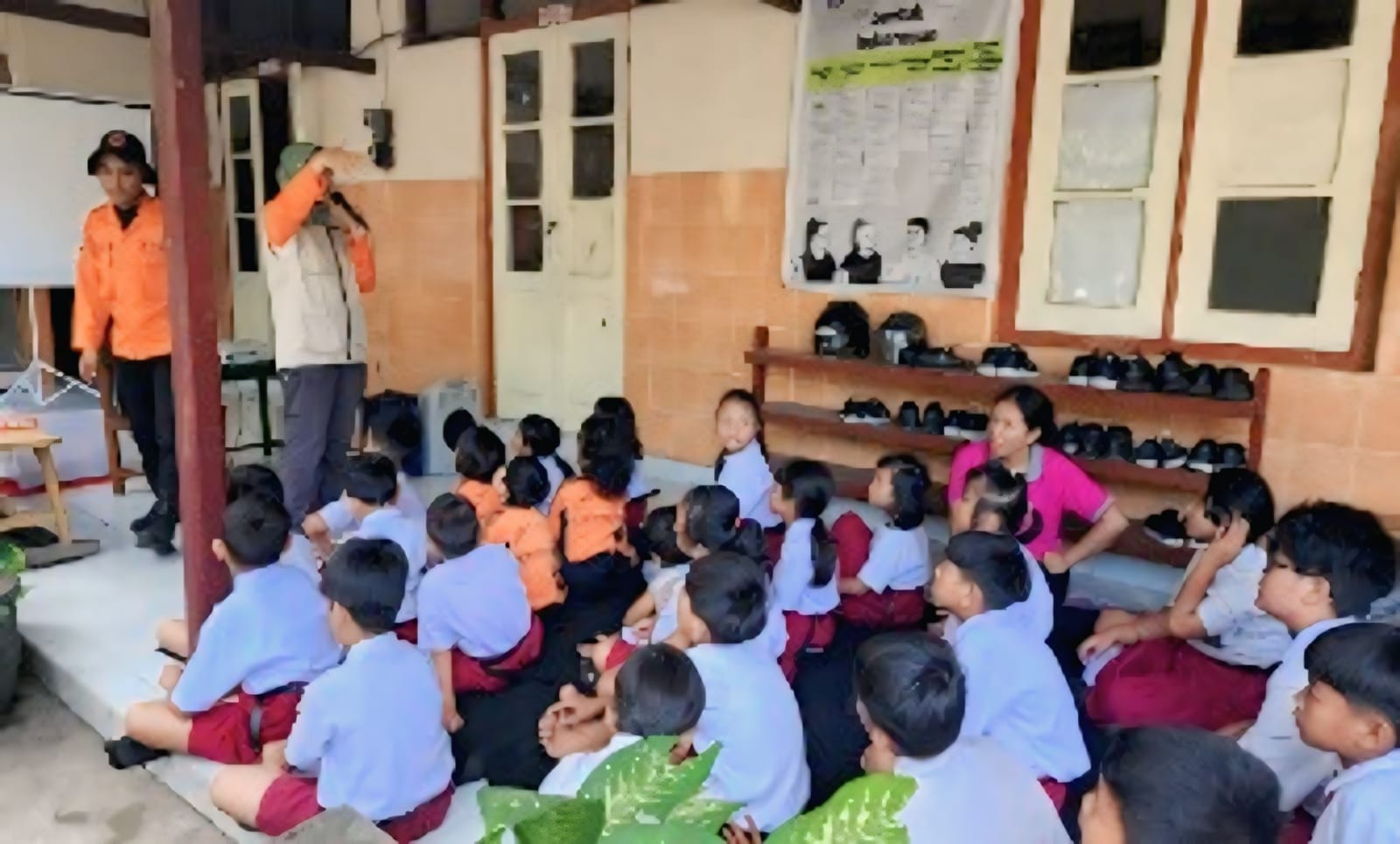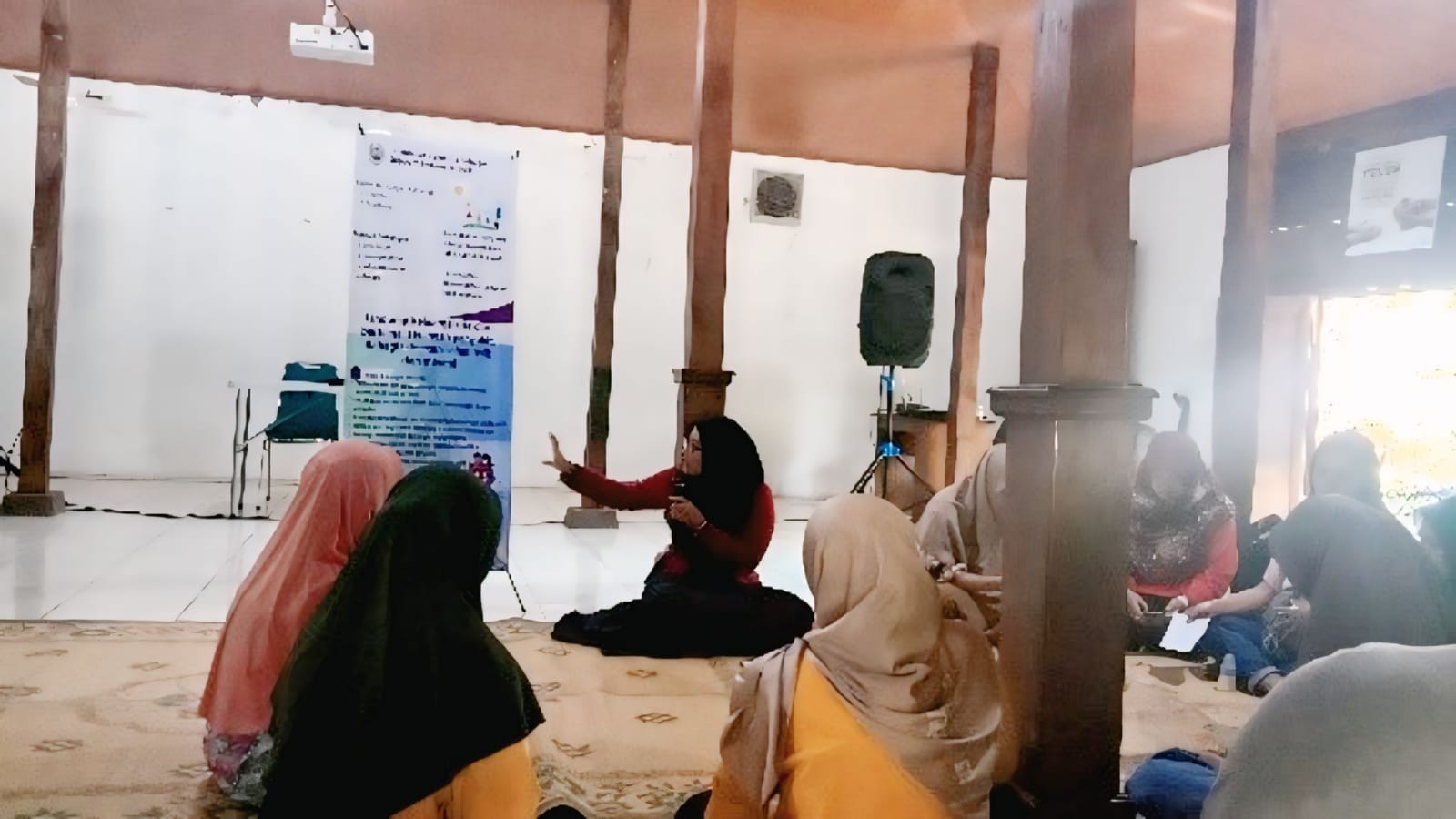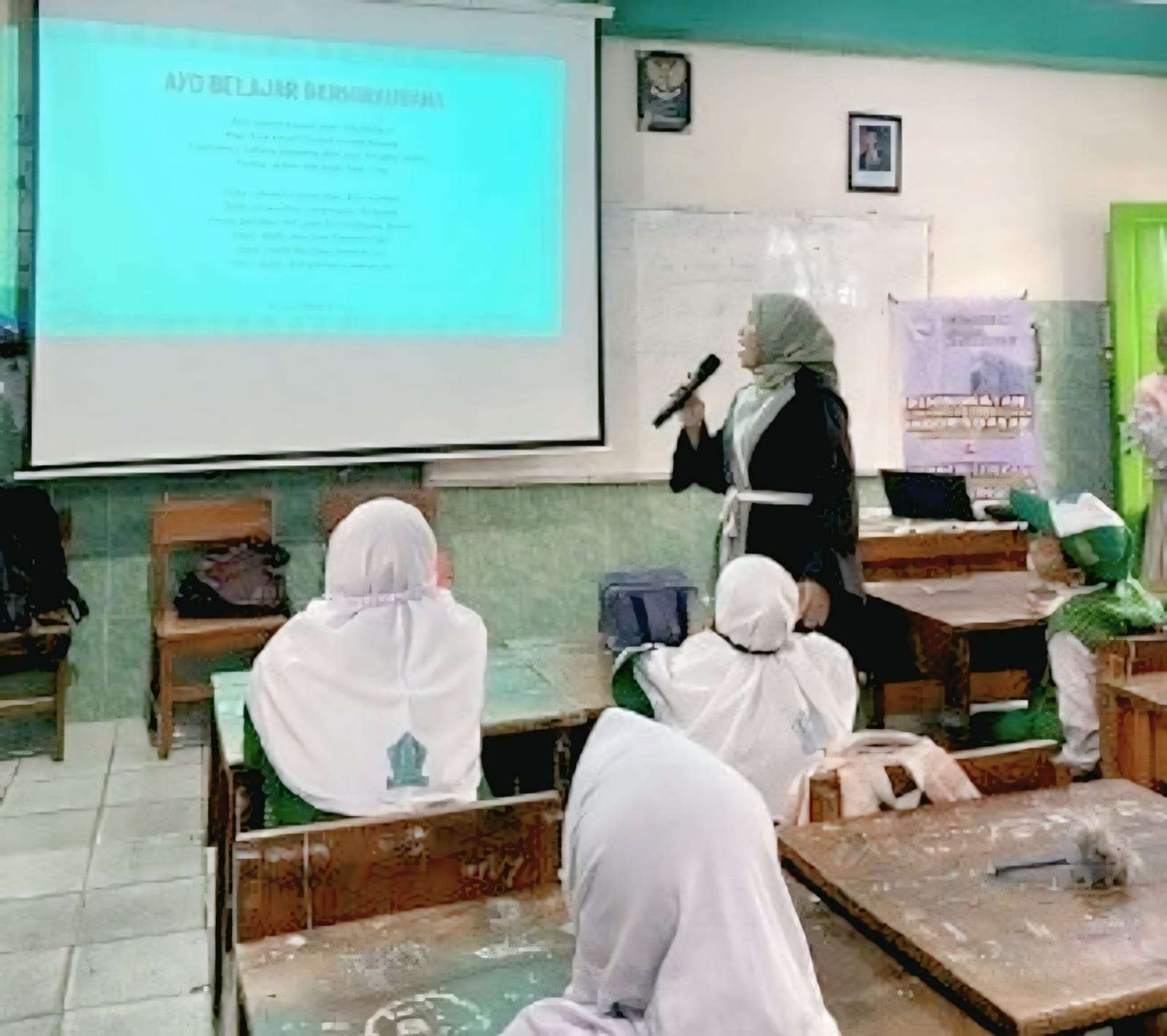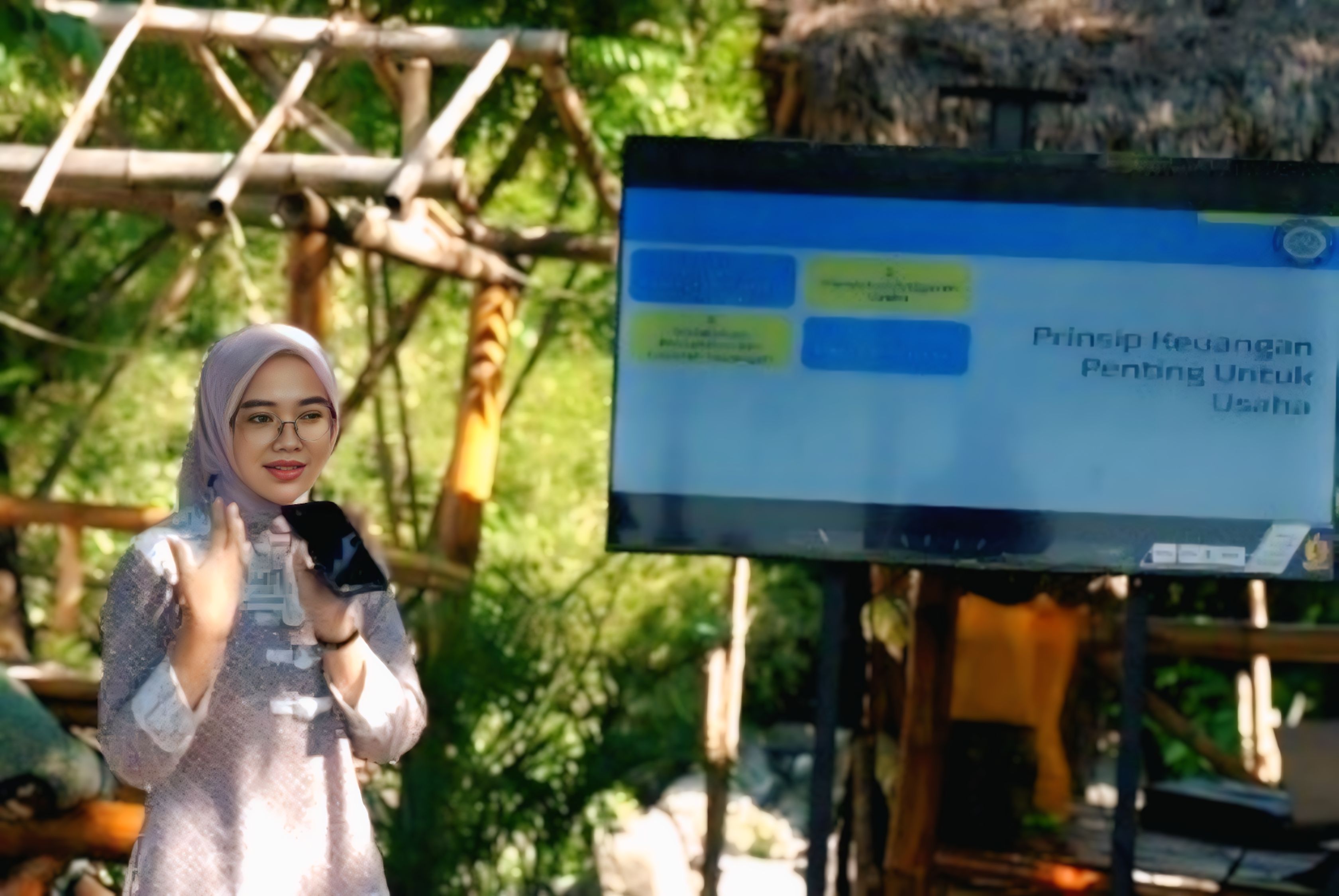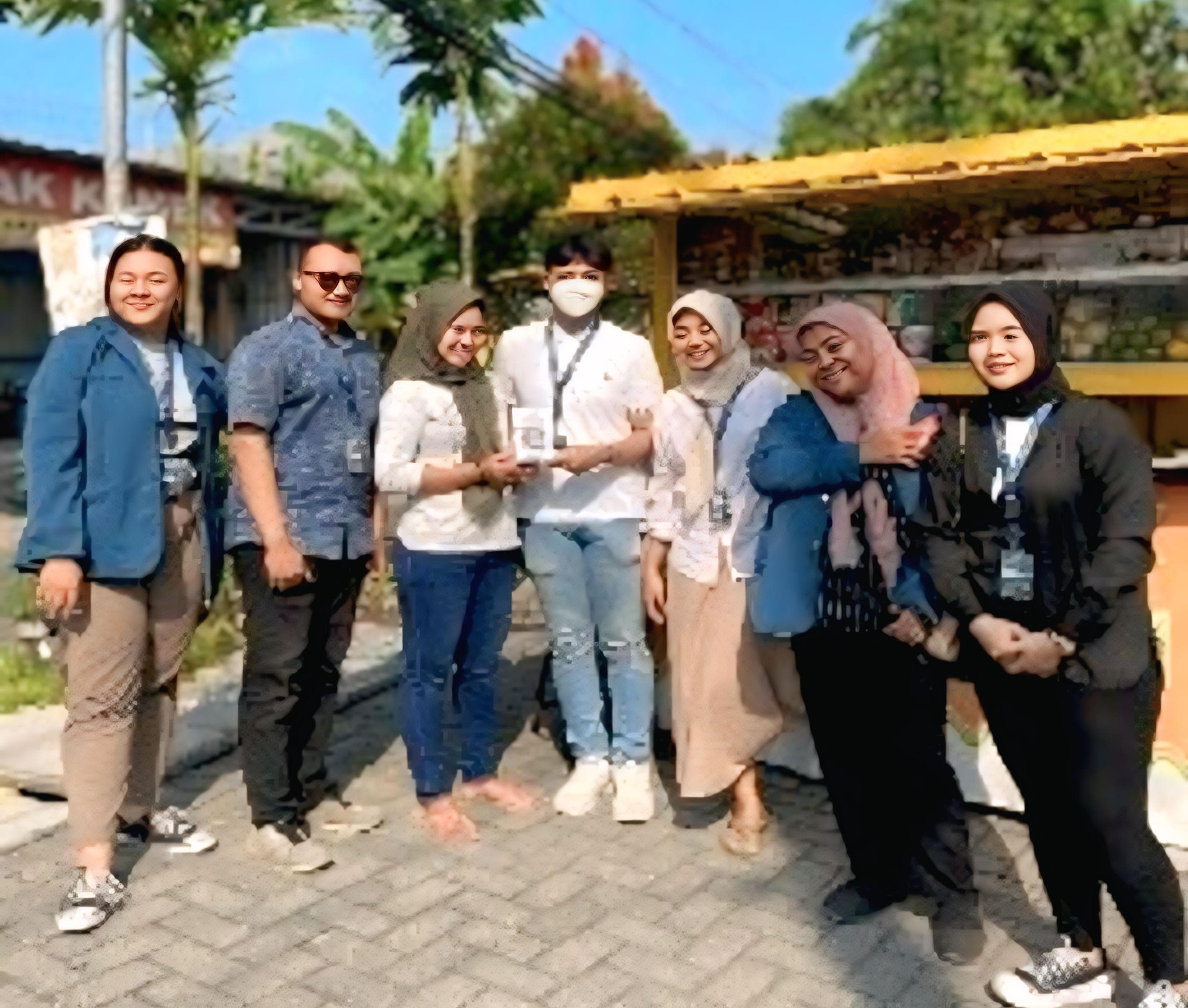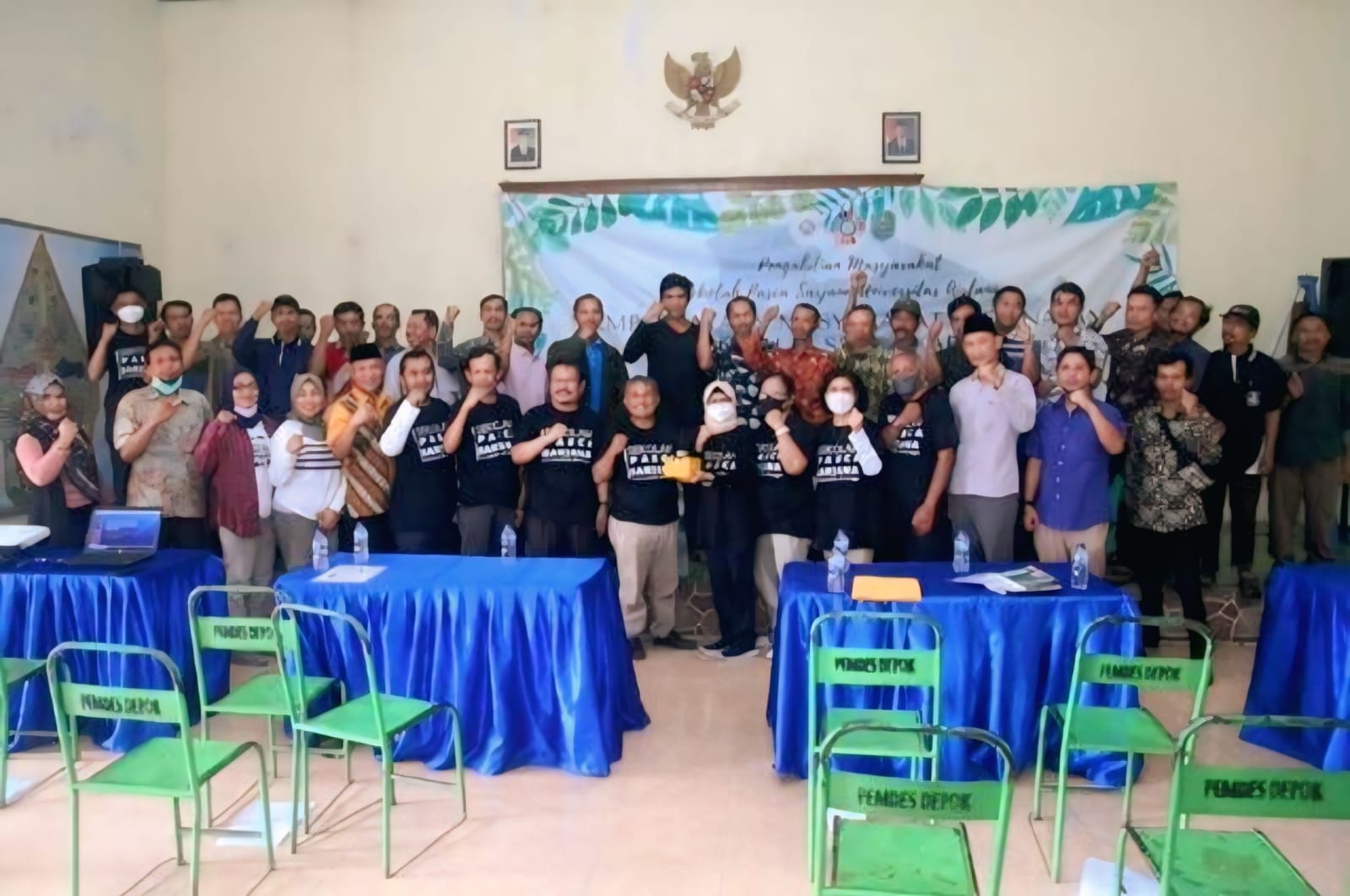ENTREPRENEURSHIP OF HEALTHY VEGETABLE BY HYDROPONIC METHOD TO EMPOWER KARANG TARUNA COMMUNITY
WIRAUSAHA SAYUR SEHAT BEBAS PESTISIDA DENGAN METODE HIDROPONIK UNTUK MEMBERDAYAKAN KOMUNITAS KARANG TARUNA

Downloads
Background: Banyuwangi Regency is a popular tourist location in East Java Province. However, after the beginning of the Covid-19 epidemic in early 2020, visitor visitation have significantly declined. This causes a decline in people's economic activity. One of the affected communities was Kemiri in the Singojuruh sub-district, where many young people lost their jobs. Objective: To empower the Karang Taruna youth community in Kemiri village to be entrepreneurs by planting a variety of vegetables such as pakcoi, lettuce, red spinach, and others using the NFT (nutrient film technique) hydroponic system method on unproductive land. Method: This community service activity is divided into five activities, namely training on vegetable plant cultivation using NFT hydroponic system techniques, making green house, making hydroponic installation, planting and maintaining of packcoi and red spinach, harvesting and packaging. Results: After training in basic hydroponic techniques, how to seed seeds and making AB mix nutrients, Karang Taruna youth can practice growing pakcoi and red spinach hydroponically in the green house. At the age of four weeks, after the seedlings are transferred into the hydroponic system, pakcoi vegetables and red spinach can be harvested and ready for sale. Success indicators are measured using a pre-test and post-test to determine mitra's knowledge regarding hydroponic cultivation techniques. Conclusion: Mitra understanding and practicing hydroponic vegetable cultivation techniques. In addition, the youth of Karang Taruna Desa Kemiri, Kab. Banyuwangi, can supplement their income by selling produced veggies.
Copyright (c) 2024 Yosephine Sri Wulan Manuhara, Dwi Winarni, Sugiharto, R. Djarot Sugiarso

This work is licensed under a Creative Commons Attribution-NonCommercial-ShareAlike 4.0 International License.
- The Author(s) hold the copyright of the article without restrictions
- Darmabakti Cendekia allows the author(s) to retain publishing rights without restrictions.
- The legal formal aspect of journal publication accessibility refers to Creative Commons Atribution-Non Commercial-Share Alike 4.0 (CC BY-NC-SA), implies that publication can be used for non-commercial purposes in its original form.



